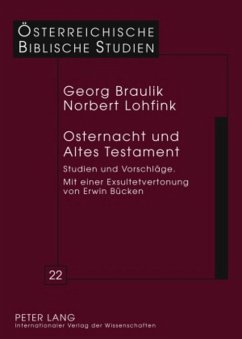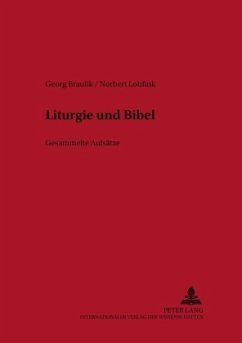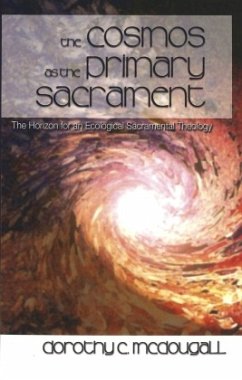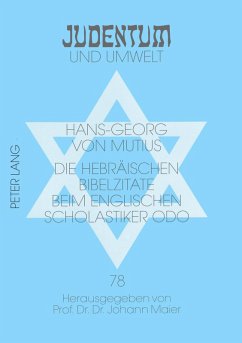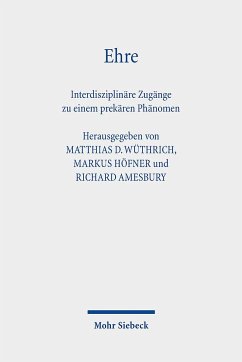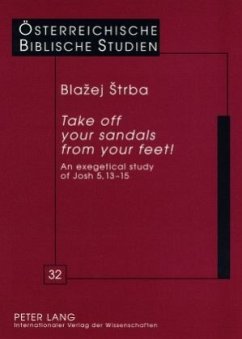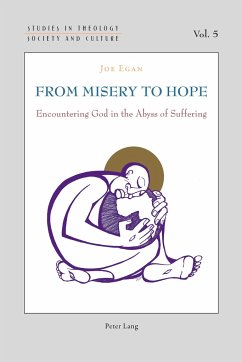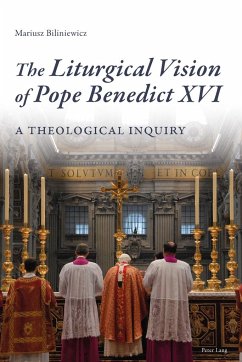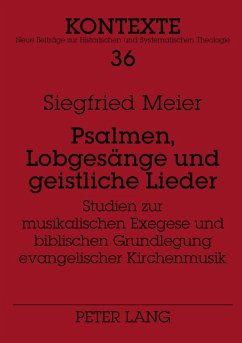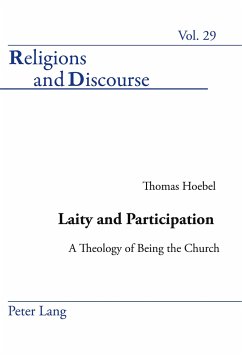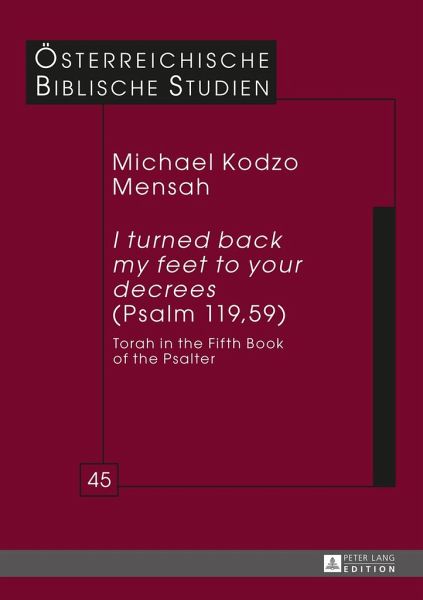
'I turned back my feet to your decrees' (Psalm 119, 59)
Torah in the Fifth Book of the Psalter
Versandkostenfrei!
Versandfertig in 1-2 Wochen
94,05 €
inkl. MwSt.

PAYBACK Punkte
0 °P sammeln!
Scholars have described Psalm 119 as the «crux criticorum» of the Fifth Book of the Psalter (Pss 107-150). While the length of the psalm and its insistence on the question of YHWH's Torah are basic indices pointing to its importance in the Book, the question of its message, that is, the logical development of its theme has remained an exegetical problem. The author proposes a solution, namely, that Psalm 119 is structurally arranged to show the Psalmist's own experience of straying and returning to YHWH's Torah. The resolution of the problem has implications for understanding the organisatio...
Scholars have described Psalm 119 as the «crux criticorum» of the Fifth Book of the Psalter (Pss 107-150). While the length of the psalm and its insistence on the question of YHWH's Torah are basic indices pointing to its importance in the Book, the question of its message, that is, the logical development of its theme has remained an exegetical problem. The author proposes a solution, namely, that Psalm 119 is structurally arranged to show the Psalmist's own experience of straying and returning to YHWH's Torah. The resolution of the problem has implications for understanding the organisation of the Fifth Book and for the place of psalms such as 111 and 147, which also reflect on the theme of Torah in the final Book of the Psalter.



